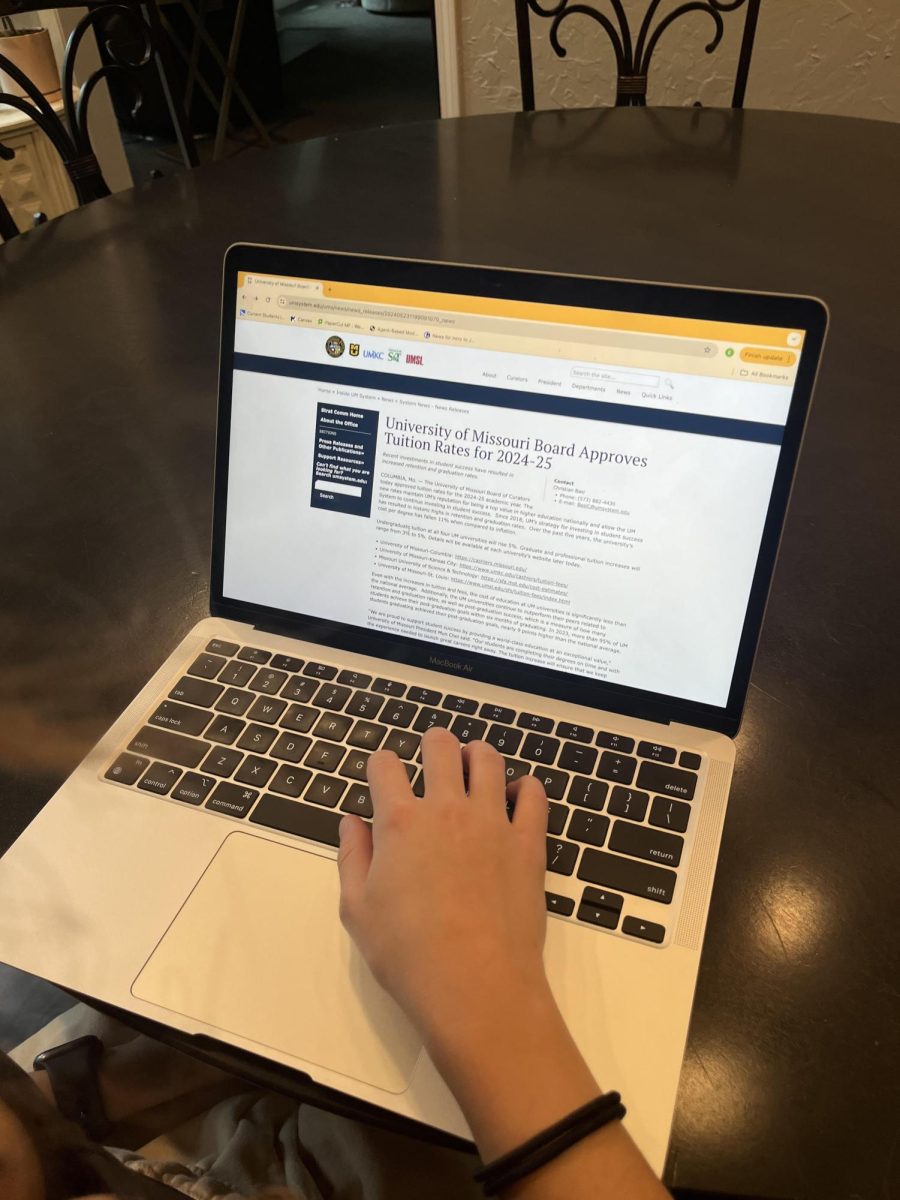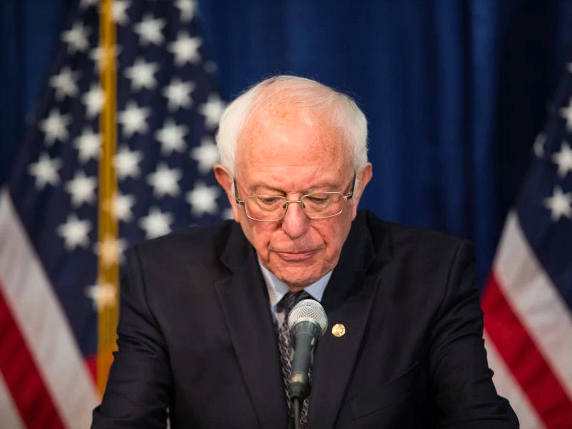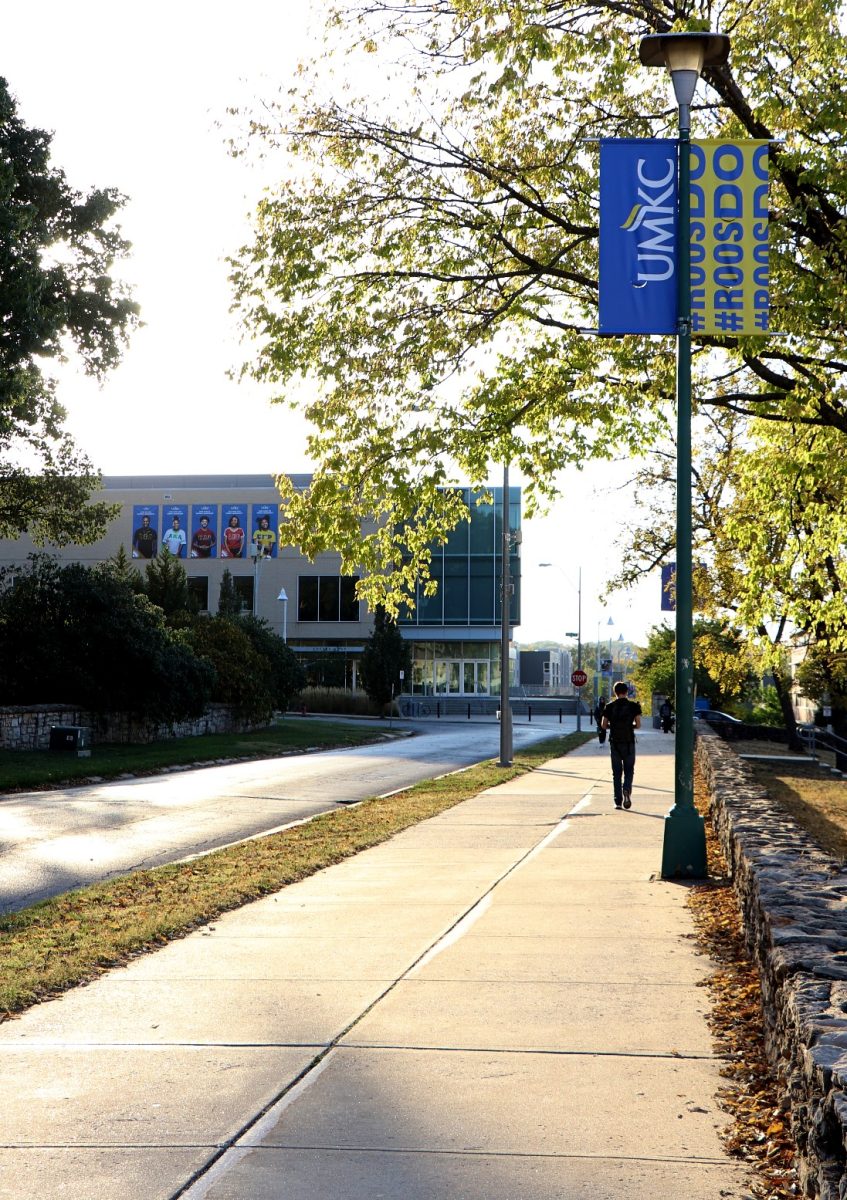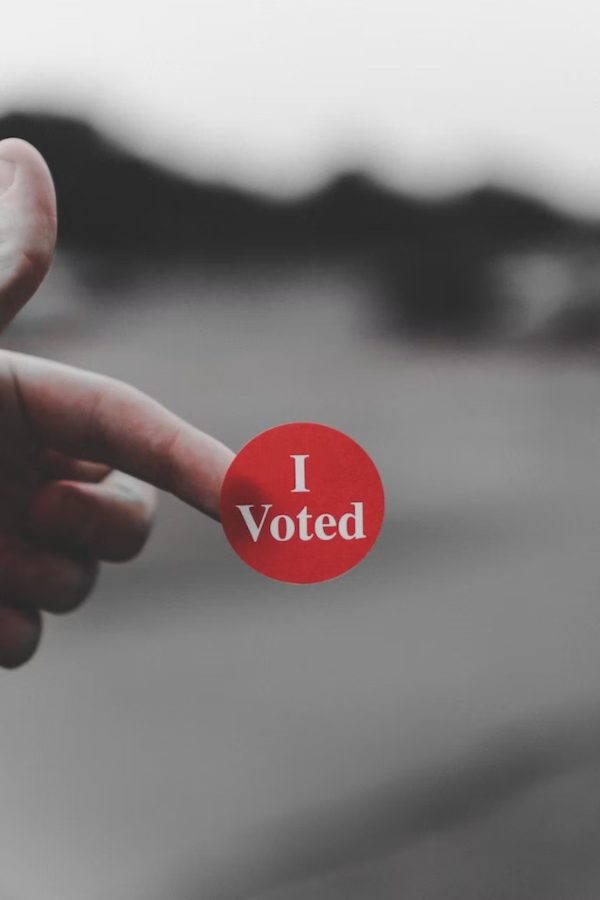Though most news nowadays is about the coronavirus, one story broke out of the corona-barrier: Bernie Sanders dropping out of the Democratic primary.
There was a time when it seemed that Senator Bernie Sanders was going to win it all. Instead, former Vice President Joe Biden, who bounced back on Super Tuesday after previously finding mediocre success, clinched the Democratic nomination
Biden’s chances soared as many of the moderate candidates he competed with dropped out of the race. Additionally, Biden got the endorsements of these candidates, as well as substantial backing from the Democratic establishment.
No matter how this primary went, there was always going to be a moderate/establishment pushback against a surging Sanders. Senator Elizabeth Warren had to also deal with this same backlash when she had started rising in the polls. She soon lost her momentum. It was only a matter of time for Sanders.
The fundamental problem is that Sanders didn’t help himself in pursuing a maximalist strategy when it comes to his messaging. This left him more open to the establishment’s push back and also likely hurt his ability to win over the voters he needed to back him in important races.
This is most clearly seen in Sander’s labeling himself as a democratic socialist. This label isn’t something that strikes fear in the hearts of many young voters, but for the electorate at large, this self-assigned title comes with significant baggage
An NPR/PBS NewsHour/Marist Poll conducted in February showed that “Asked about their impression of socialism, 28% of adults said they have a favorable view, while 58% said they had an unfavorable one.”
Another poll conducted by Gallup in January showed that “Just one group tested — socialists — receives majority opposition. Less than half of Americans, 45%, say they would vote for a socialist for president, while 53% say they would not.”
However, Sanders as a person is quite popular among Democrats. As the New York Times points out, “His net favorability rating at 53%, is higher than any other Democrat in the race.”
That means that if Sanders was able clearly to outline his reasoning for defining himself as a democratic socialist to the Democratic electorate, he might have been able to lessen that hit he took for that labeling.
In a 2019 speech, Sanders said, “Today, in the second decade of the 21st century, we must take up the unfinished business of the New Deal and carry it to completion.”
While inspiring, this speech does not demonstrate why Sanders calls himself a democratic socialist. It makes Sanders sound like a progressive Democrat. This isn’t a problem, considering he would likely be even more popular and politically successful if he did label himself as a progressive democrat instead of adopting the baggage-laden title of democratic socialist.
This kind of maximalist messaging from Sanders is also seen in how he has handled his core policy proposal, Medicare for All. Sanders has disagreed with prominent progressives like New York Rep. Alexandria Ocasio-Cortez, who has spoken about how at the end of the day a compromise on health care that ends up becoming a public option is an acceptable possibility. According to Sanders, “My view is that Medicare for All, the bill that we wrote, is in a sense already a compromise.”
There isn’t a policy problem with Medicare for all (a form of Medicare of all should be the ideal goal of any progressive agenda) the problem is Sanders isn’t even leaving the option for compromise, which is needed for both persuasion and legislating. This is especially true in an election where one is trying to get more voters to support their campaign and many voters won’t fully agree on everything in a candidate’s policy agenda.
Electorally, Sanders banked on his message of revolution bringing out new voters, specifically young voters who are more favorable to his agenda but rarely vote. At the end of the day that just hasn’t happened.
Looking at the Texas primary, an NBC exit poll estimates 24% of the Texas primary voters were over 65. That is up from 18% in 2016 and 13% in 2008.
While getting more young voters to turn out to vote is a laudable goal, it would have been more productive for Sanders to try to make sure his messaging connected more to the voters that would actually show up.
The most frustrating thing is that Joe Biden isn’t a strong candidate, and his push for the nomination has been built on a weak policy agenda. Sanders has a clear progressive vision that is both all-encompassing and would help millions domestically on top of his ambitious foreign policy ideas.
The fact that many late deciders on big voting days like Super Tuesday went with Biden shows that Sanders messaging didn’t help bring people into his fold, but instead was a factor that likely pushed more people to Biden.
To get that progressive vision done, it would be more useful to not speak in terms of a revolution, but instead, talk about how these “radical” ideas are broadly popular with most Americans. These ideas are common across the world, and many have clear ties to legendary American historical figures like Teddy Roosevelt, FDR, Harry Truman, Eisenhower and even Nixon. One doesn’t want to romanticize that past by any means, but using the past to help connect these policies to people has clear value.
To get the needed progressive agenda done, progressives have to win elections. Sometimes to do that, bridges have to be built and coalitions have to be made. Setting a clear goal is important, but we shouldn’t get so concerned talking about a revolution that we are never able to make that progressive vision a reality.













